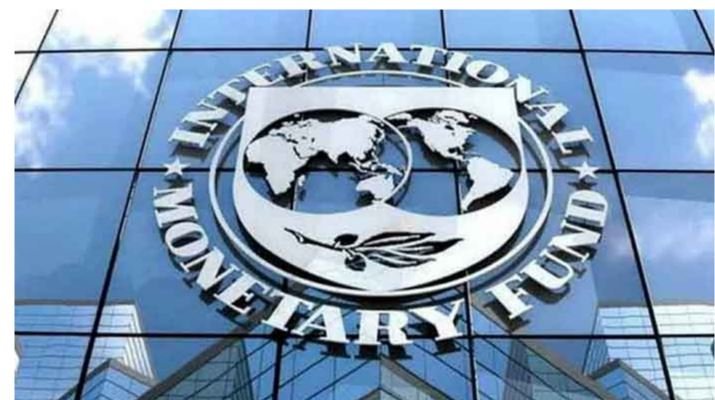What is the legal status of Kashmir after the abrogation of Article 370? Has Kashmir now become a part of the Indian Union Territory just because India has revoked some parts of its domestic legislation? What about the UN Security Council Resolutions and the universally acknowledged right of self-determination of the people of Kashmir?
Article 370 is not and has never been a point of reference for Pakistan. What we are concerned with are UN resolutions and Kashmiri’s rights of self-determination under International law. It was an intriguing side of the Indian legislation through which the Kashmiris were cheated in the late 50s. Neither it can change the legal position of Kashmir, nor has it the power to overrule the provisions of International Law.
From its enactment to its revocation, Article 370 is nothing but a classical manifestation of India’s deceit and deception. It was a lollipop given to the so-called constituent assembly of Kashmir in return for its ratification of Kashmir’s forged and forced accession to India in 1954.
Pertinent to mention here is the fact that the Security Council, through its resolution of 30 March 1951, declared this arrangement illegal even before the formation of that Indian-picked so-called Constituent Assembly, affirming that ‘ the future of the State of Jammu and Kashmir shall be decided through the democratic method of a free and impartial plebiscite conducted under the auspices of the United Nations and that the convening of a constituent assembly as recommended by the General Council of the “All Jammu and Kashmir National Conference” and any action that assembly might attempt to take to determine the future shape and affiliation of the entire State or any part thereof would not constitute a disposition of the State in accordance with the above principle’.
However, in complete defiance of the UN Security Council Resolution self-proclaimed Constituent Assembly (illegally) ratified the accession of Kashmir to India, and India in return gave them the lollipop of Article 370.
In January 1957, again, the UN Security Council took up the Kashmir question and adopted another Resolution and reaffirmed the affirmation in its resolution 91 (1951) and declared that the convening of a constituent assembly as recommended by the General Council of the ” All Jammu and Kashmir National Conference ” and any action that assembly may have taken or might attempt to take to determine the future shape and affiliation of the entire State or any part thereof, or action by the parties concerned in support of any such action by the assembly, would not constitute a disposition of the State in accordance with the above principle and “that the final disposition of the State of Jammu and Kashmir will be made in accordance with the will of the people expressed through the democratic method of a free and impartial plebiscite conducted under the auspices of the United Nations”.
The right of self-determination for the people of Kashmir is an established right under International law and it cannot be taken away by the sham Indian legislation. Revocation of Article 370 doesn’t mean the revocation of the UN Charter and the resolutions of the Security Council.
UN Security Council Resolutions and the provisions of the UN Charter cannot be overruled by a member state through legislation. The Council has wide-ranging powers to maintain peace and security under the UN charter.
This misconception that the Security Council resolutions on Kashmir are not binding as they come under Chapter VI should also be dispelled. Article 25 of the UN Charter states that ‘The Members of the United Nations agree to accept and carry out the decisions of the Security Council in accordance with the present Charter’. It is nowhere written in the Charter that only the resolutions under Chapter VII will be binding and not of Chapter VI.
During Boutros Ghali’s tenure, a controversy arose as to whether Chapter VI resolutions of the Security Council were binding or not. So he referred the matter to the United Nations Legal Adviser for clarification.
Responding to the said question, the UN legal advisor wrote in capital letters that ‘NO SECURITY COUNCIL RESOLUTION CAN BE DESCRIBED AS UNENFORCEABLE’.
It is noteworthy that the right of self-determination is jus-cogens i.e., a fundamental and overriding principle of International law. No Indian legislative arrangement can deprive the people of Kashmir of this right.
The enactment and the revocation of Article 370 offer a case study to understand sham Indian jurisprudence and democracy. However, it has nothing to do anything with the status of Kashmir under International law.
The principle is as simple as ABC : the Kashmir issue will be resolved in the light of UN resolutions and no Indian legislation is a substitute for the right to self-determination.







